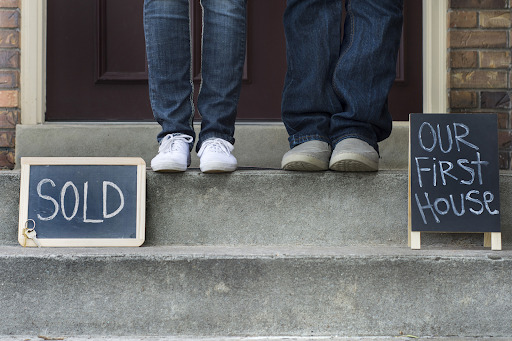Are you planning to buy a house in the next few years? Start preparing, today, by following these financially-savvy tips for saving for a house.
The average age of a first-time home buyer in the United States is 33 years old. Buying a home has become a larger investment over the years, so first-time buyers are trying to save before they take the leap. If you’re ready to buy your first home, you’ll want to practice saving for a down payment.
Keep reading to learn the tips for saving for a house!
Tips for Saving for a House
If you’re ready to move on from your apartment, there are some habits you’ll need to practice to save for a down payment for a house. Follow these tips:
1. Decide on a Budget for the Home
When you decide on how much you want to pay for the home, you can calculate your down payment based off of that. Knowing exactly how much you will need to set aside for a down payment will help you plan a timeframe for when you can start looking at houses.
2. Work on Paying off Debt
When it comes to getting a loan for your house, your mortgage lender may not lend to you if you have too much debt. As you’re saving up for a down payment, add a certain amount to pay on credit cards each month as well. This will ensure that you have a decent credit score when you’re ready to start looking
3. Practice Paying the Mortgage You Will Have
It can be frightening to buy a house, only to learn that your mortgage is out of your budget. If your mortgage increases and money was tight before the increase, you may end up having to sell your home. To avoid this, practice paying your rent as well as saving the extra that would go to your future mortgage.
This will be a great test to make sure you can afford your mortgage. Plus, it never hurts to save more money!
4. Reduce the Number of Expenses
One of the first things you’ll want to do as you save up for a house is to eliminate unnecessary expenses.
While owning a house is nice, it also requires a lot of money. The down payment is only the beginning, as you’ll often have renovations and repairs once you move in. As you plan to invest in a house, it’s important to reel in the habit of pointless spending.
5. Put Money in Savings First
Many of us put the money that’s left over each month into our savings. This can be problematic if you don’t usually have money left over. After paying for necessary bills, set aside a fixed amount. After that, use the money for extra costs.
6. Put Retirement Savings on Hold Temporarily
If you can, put your retirement savings on hold. If you’re still in your 20s or 30s, this won’t impact you too much. The quicker that you can get into a house, the quicker you can start paying towards it.
If you’re ready to invest in a home, it’s time to start planning. Follow our tips for saving for a house and you’ll have your down payment in no time! For more home-buying information, check out our other real estate content!

